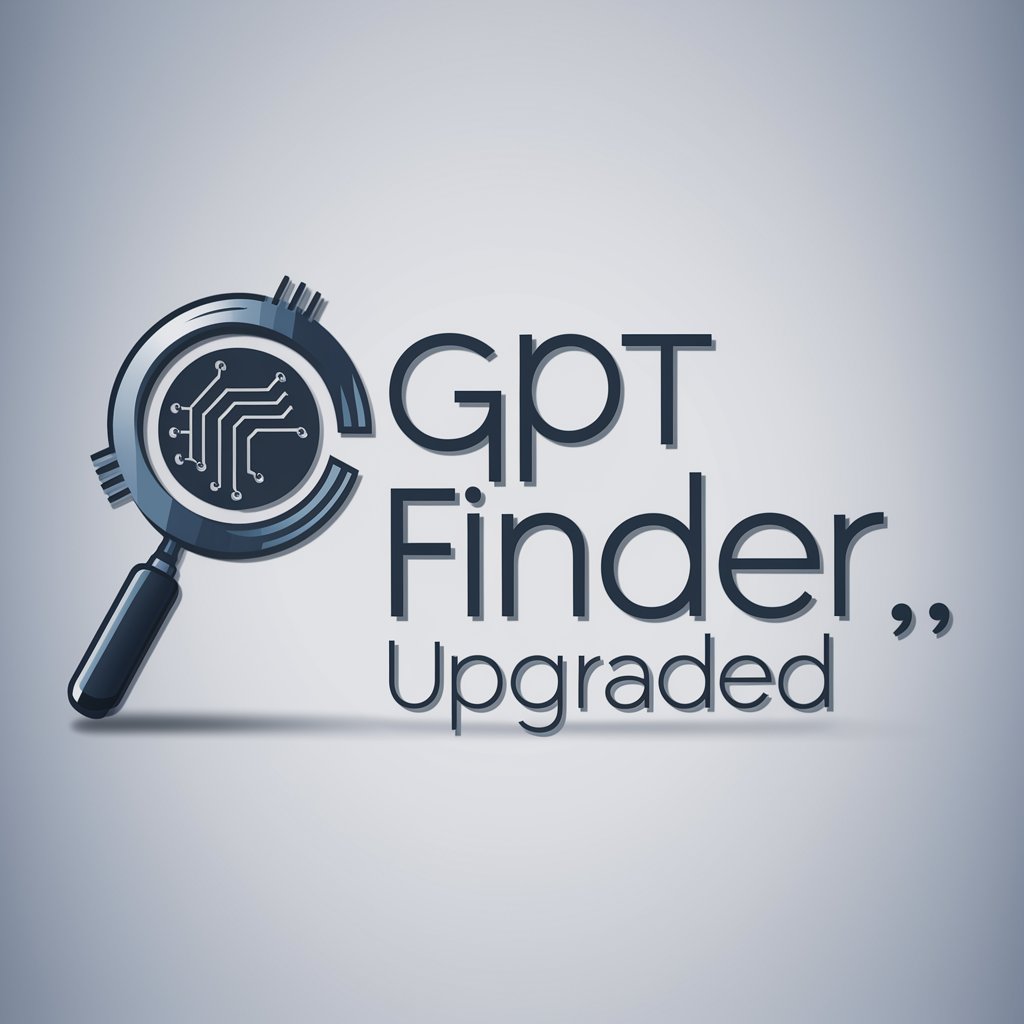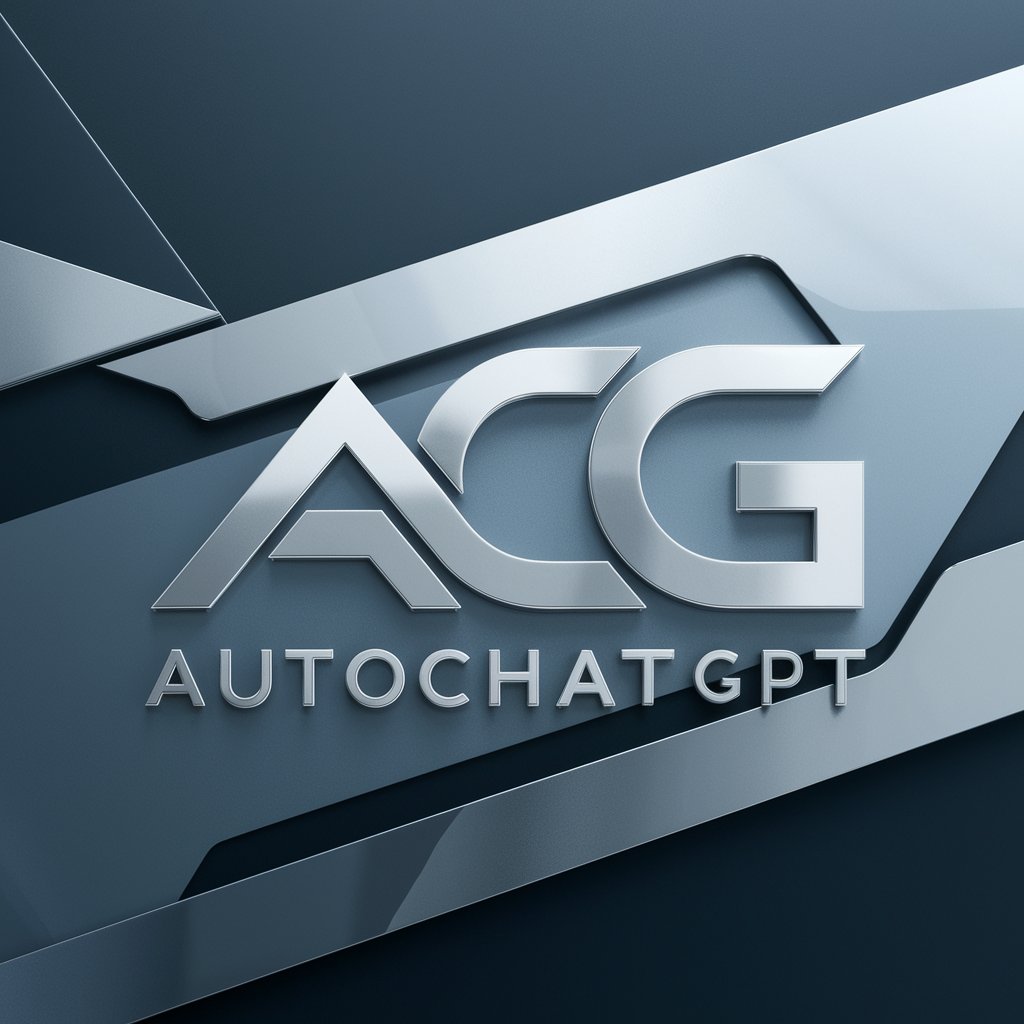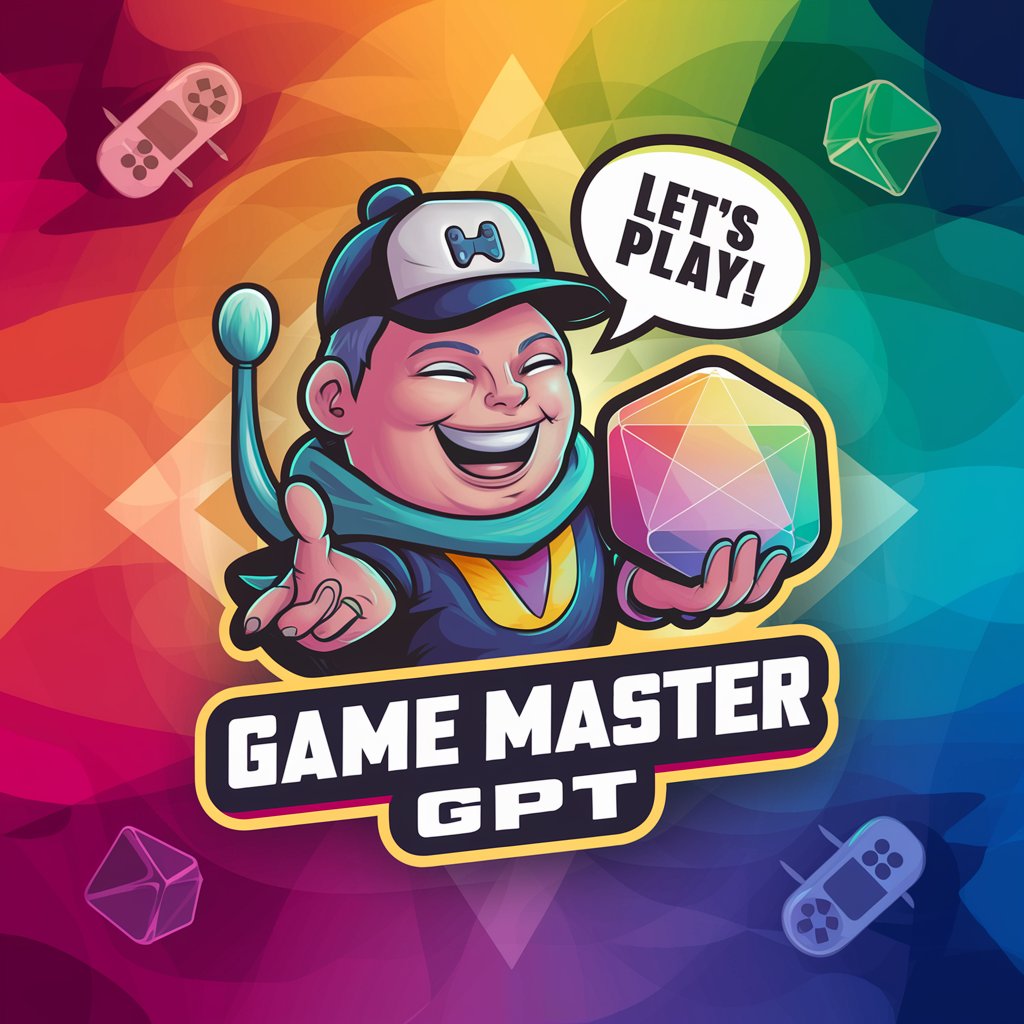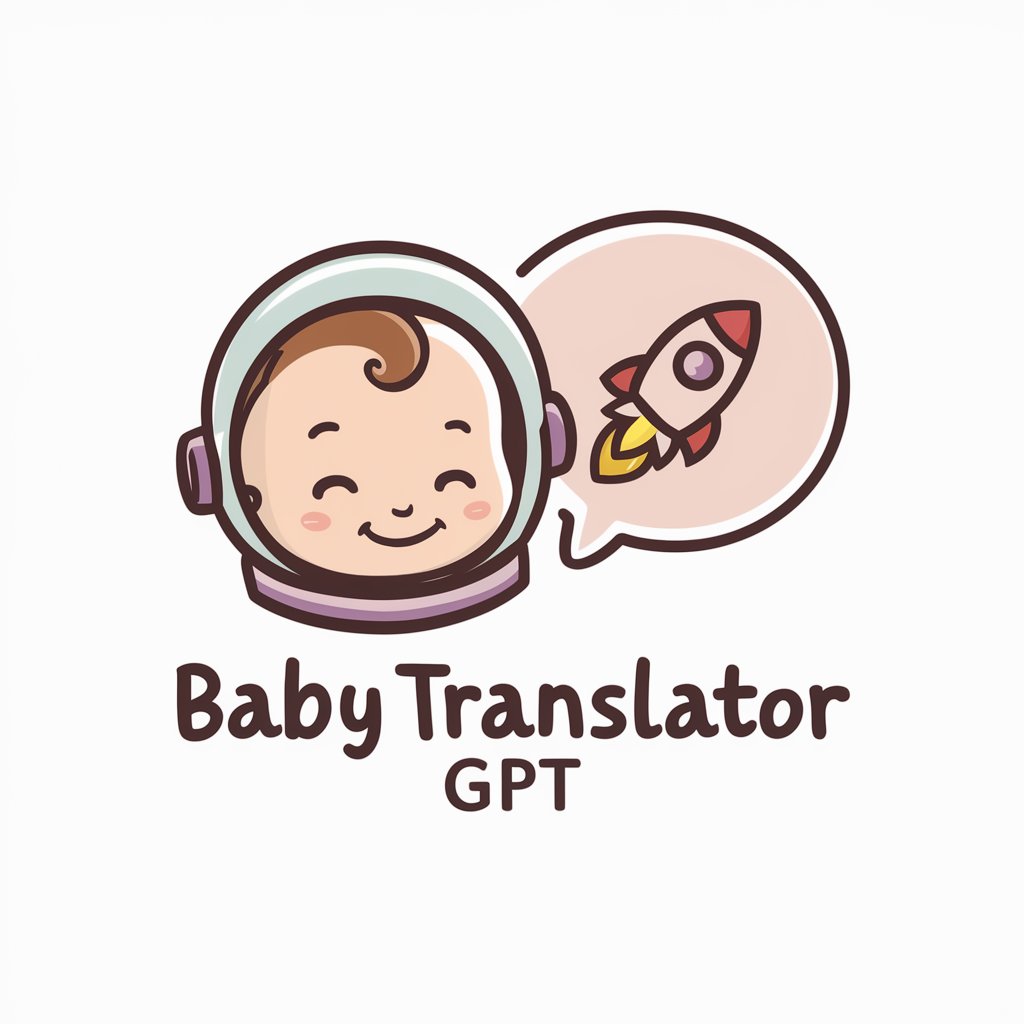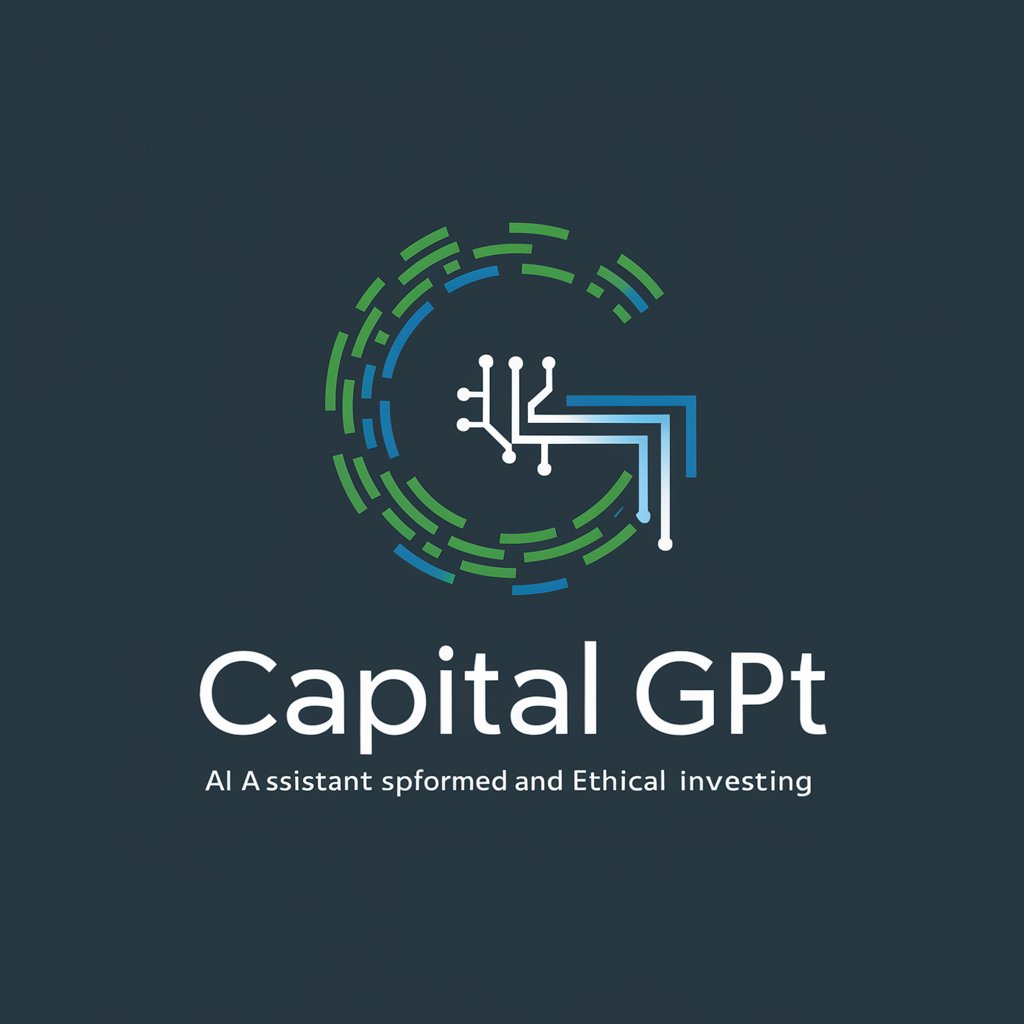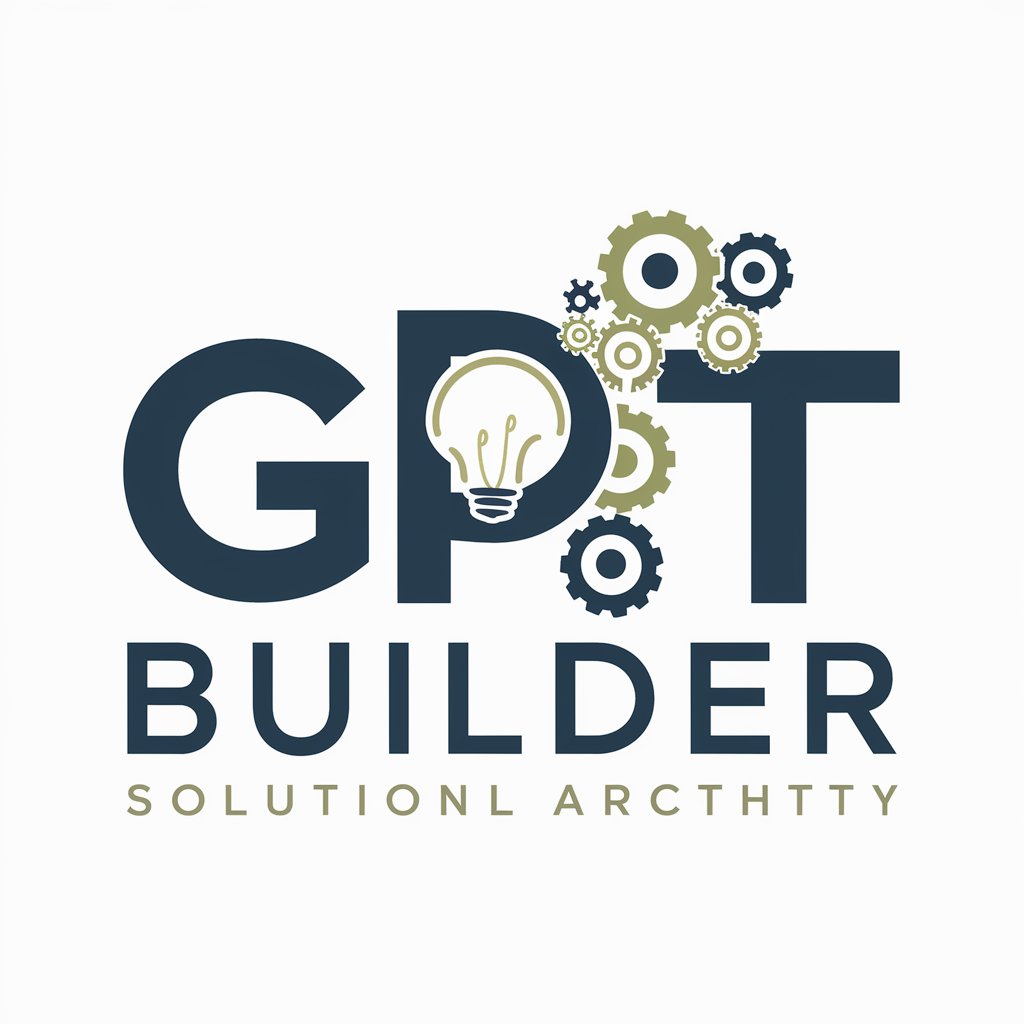
MVP GPT - MVP Testing Tool
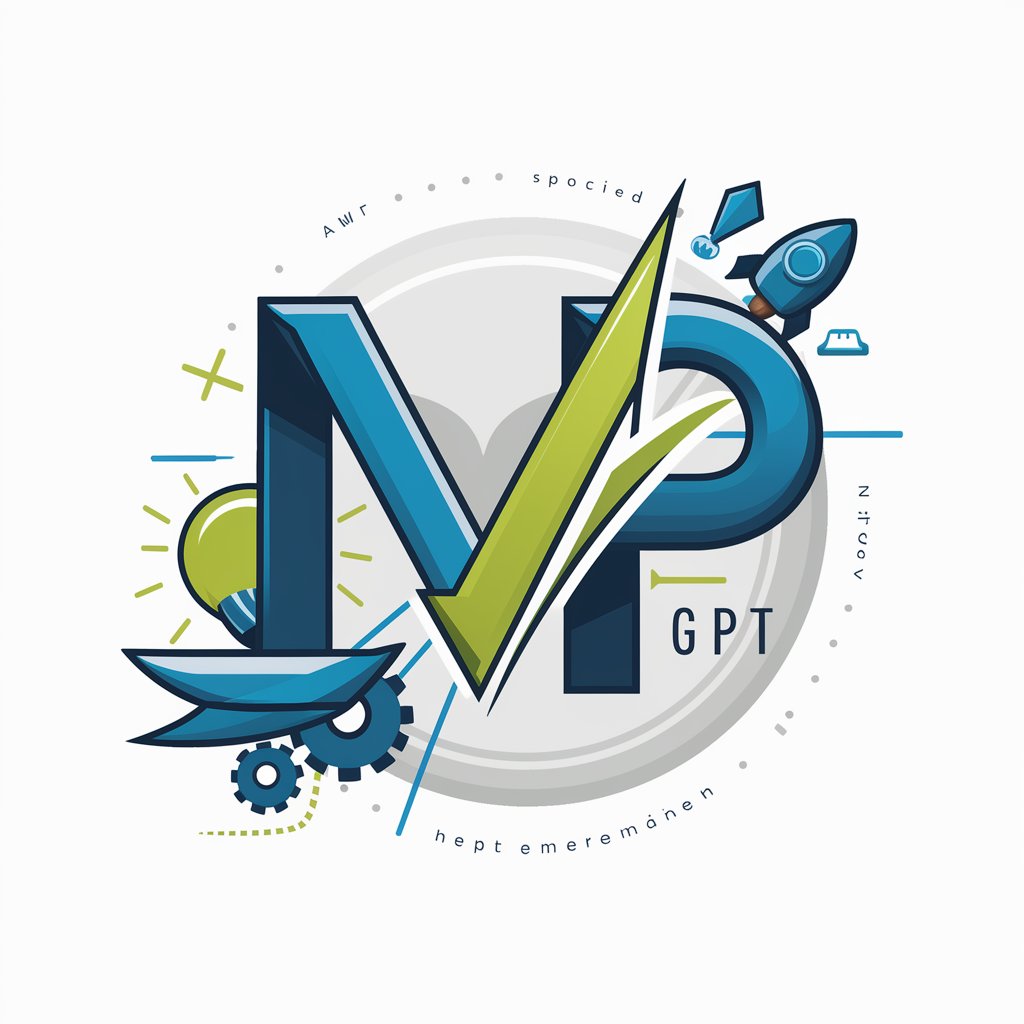
Hi there! Let's turn your idea into reality quickly and efficiently.
Crafting Your Business Edge with AI
How can I test my business idea quickly and affordably?
What are the key hypotheses for my startup idea?
Which no-code tools can help me build my MVP?
What growth hacks can I use to find my first customers?
Get Embed Code
MVP GPT: An Introduction
MVP GPT is designed to help entrepreneurs quickly and cost-effectively validate their business ideas using Minimum Viable Products (MVPs). The tool provides guidance on identifying key assumptions, testing them with minimal investment, and iterating based on real-world feedback. Examples include suggesting effective ways to directly engage with potential customers to gauge interest in a product idea, or recommending lean ways to build a basic version using no-code tools, thus reducing the risk and cost associated with traditional product development. Powered by ChatGPT-4o。

Core Functions of MVP GPT
Hypothesis Identification and Testing
Example
A user with an idea for a meal-planning service may not be sure if people would subscribe to a digital recipe platform. MVP GPT would help them identify assumptions, like the willingness to pay for curated content, and then suggest lean experiments, such as offering free trials to attract early adopters.
Scenario
An entrepreneur uses MVP GPT's guidance to create a simple landing page for the meal-planning service, offering free trials in exchange for email signups. This validates the hypothesis that customers are interested in the service and generates an initial mailing list for further marketing.
MVP Development with No-Code Tools
Example
A startup aims to build a marketplace app connecting pet sitters with pet owners. MVP GPT recommends no-code tools like Bubble to quickly build a working prototype.
Scenario
The entrepreneur uses MVP GPT's suggestions to create a functional MVP on Bubble, integrating features like user profiles and search functionality. This allows early feedback from real users and informs future development based on actual needs.
Customer Acquisition Strategies
Example
A founder developing a new fitness app for postpartum women seeks to understand how best to reach their target audience. MVP GPT advises finding relevant social media groups and reaching out to new moms via direct messaging.
Scenario
The founder joins several online communities focused on postpartum health and offers exclusive early access to the fitness app in exchange for feedback. This establishes early adopters, who share their insights and promote the product organically.
Target User Groups for MVP GPT
Non-Technical Founders
Entrepreneurs without technical backgrounds, who need advice on quickly testing their ideas without heavy investment. They benefit from learning about no-code tools and lean experiments to validate their hypotheses before committing to full development.
Early-Stage Startups
Startups in the ideation or early development phase that want to prioritize validating their market assumptions quickly and efficiently. MVP GPT helps these teams focus on testing core value propositions with MVPs before scaling up.
Solo Entrepreneurs
Individuals running one-person businesses who need to handle every aspect of product development and marketing themselves. MVP GPT provides them with actionable guidance for testing assumptions, building MVPs, and acquiring customers without additional staff.

How to Use MVP GPT
Step 1
Visit yeschat.ai for a free trial without login, also no need for ChatGPT Plus.
Step 2
Choose 'MVP GPT' from the list of available tools to start generating ideas and testing strategies for your entrepreneurial projects.
Step 3
Enter your business idea into the provided text box to receive tailored advice on hypothesis testing, MVP building, and initial customer acquisition.
Step 4
Utilize the suggested no-code tools and strategies to create and validate your product with minimal technical expertise.
Step 5
Follow the feedback and metrics provided to refine your MVP and prepare for scaling or further development.
Try other advanced and practical GPTs
賢者の筆
Inspiring Insights, Powered by AI

General Use📌
Empowering Decisions with AI
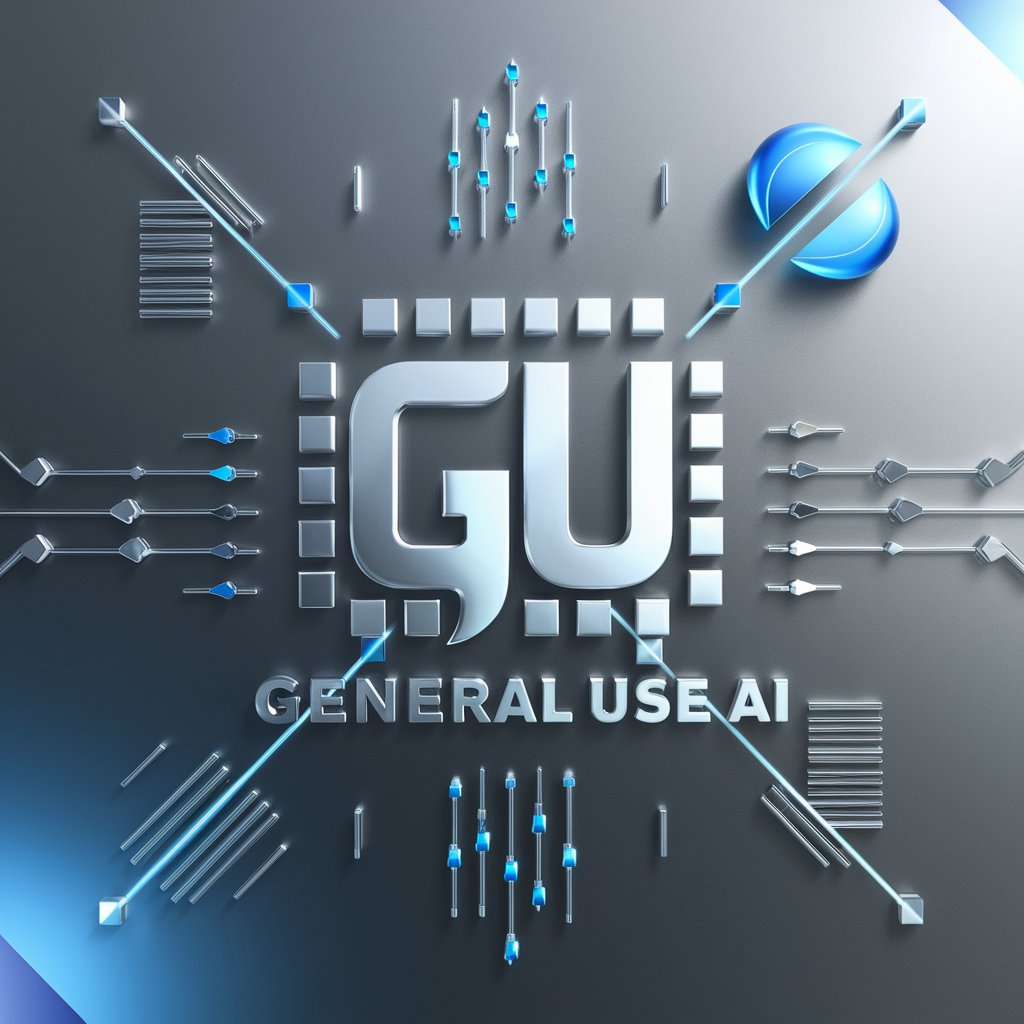
general
Empowering creativity with AI
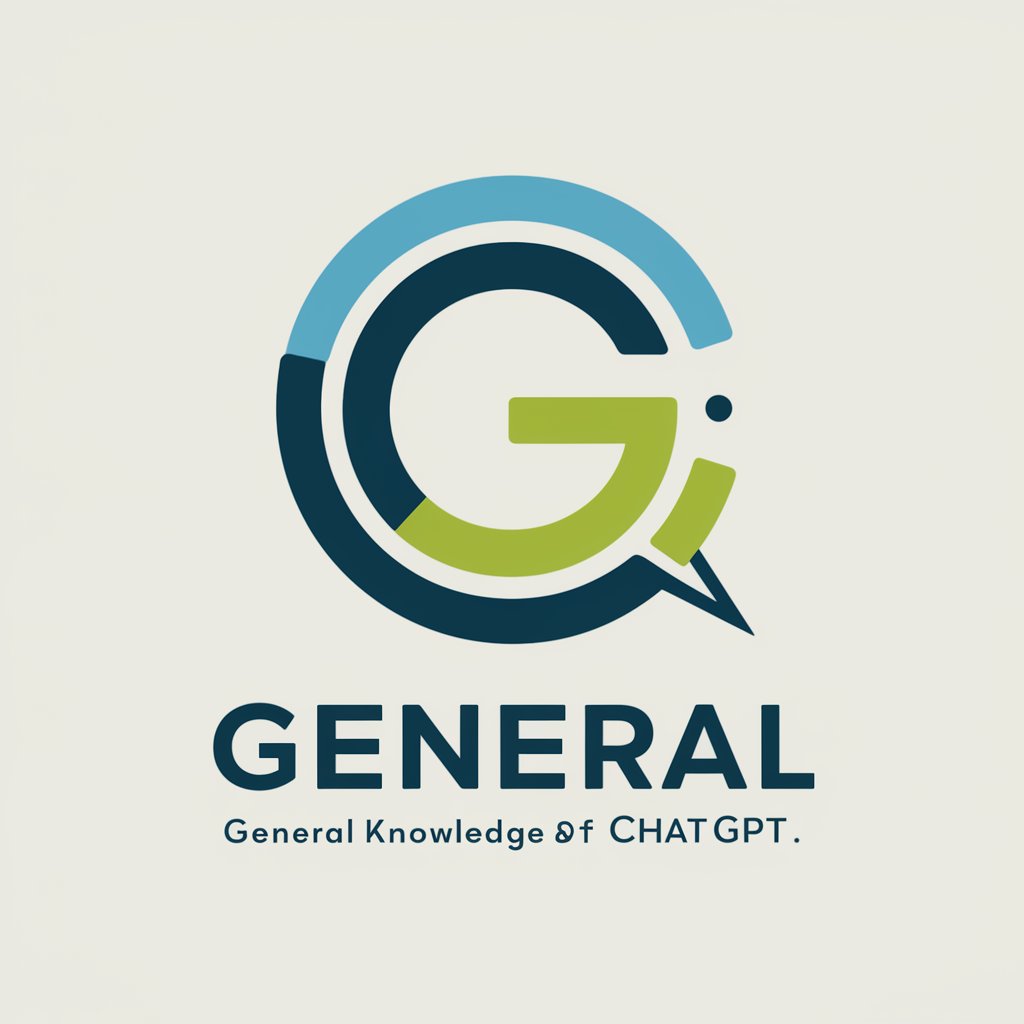
Medical Coder
Accurate, AI-powered coding made simple.
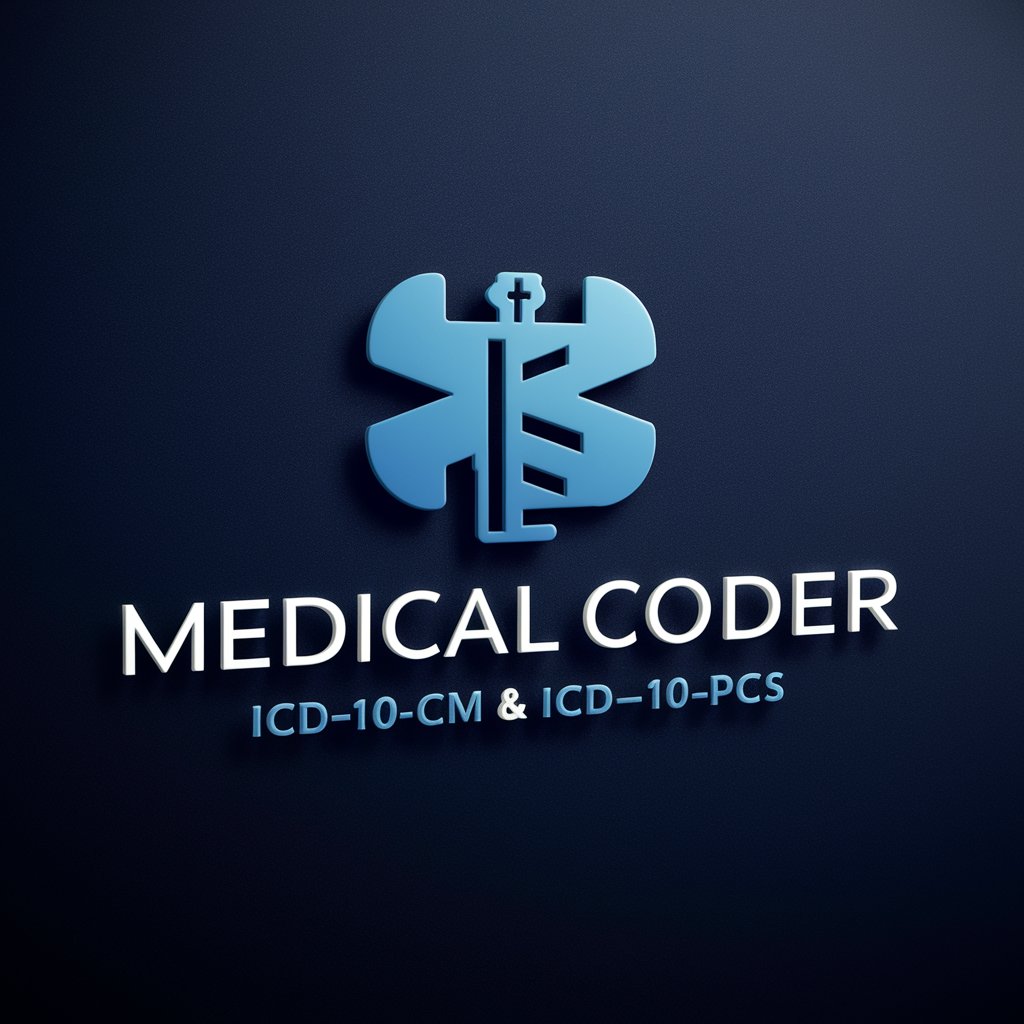
Webpage Analyzer
Empowering your web presence with AI

Bibi GPT
Empowering Conversations with AI
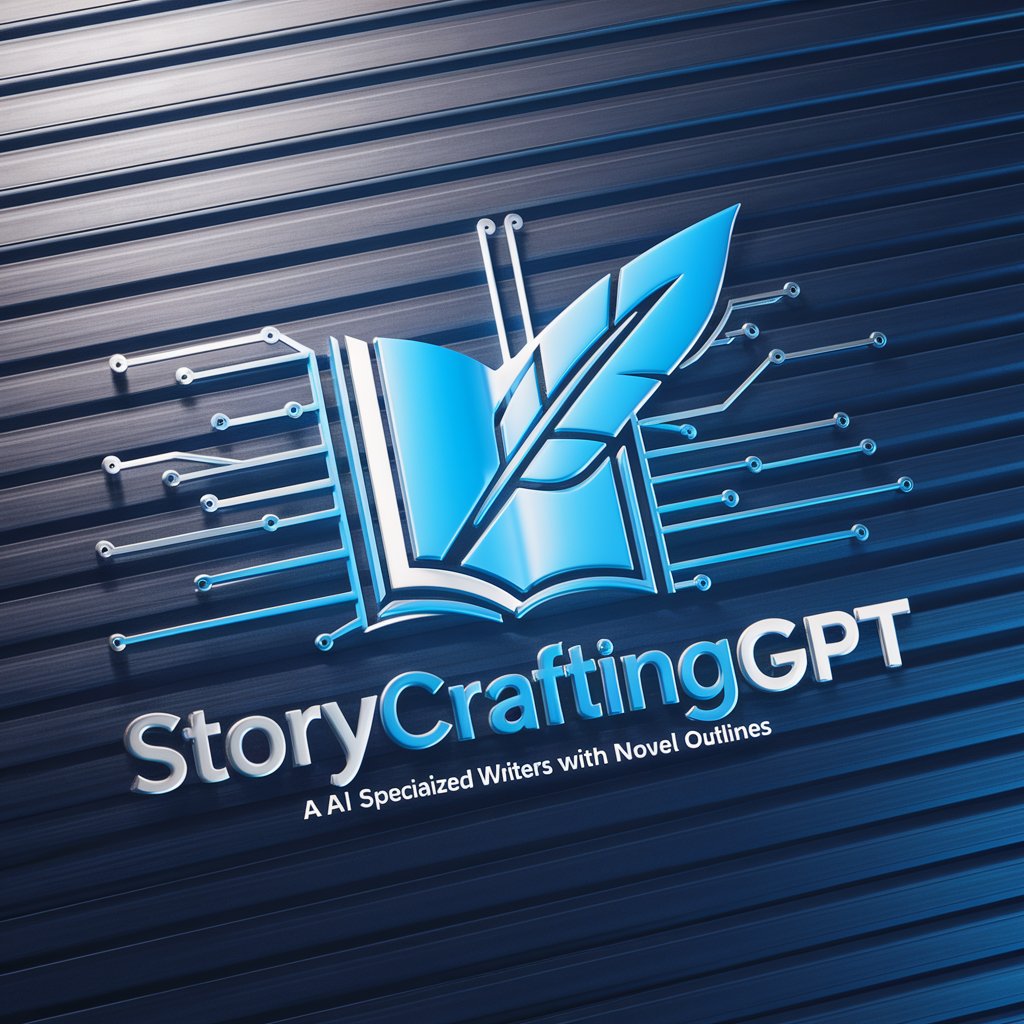
Sticker Creator
Crafting your imagination into stickers
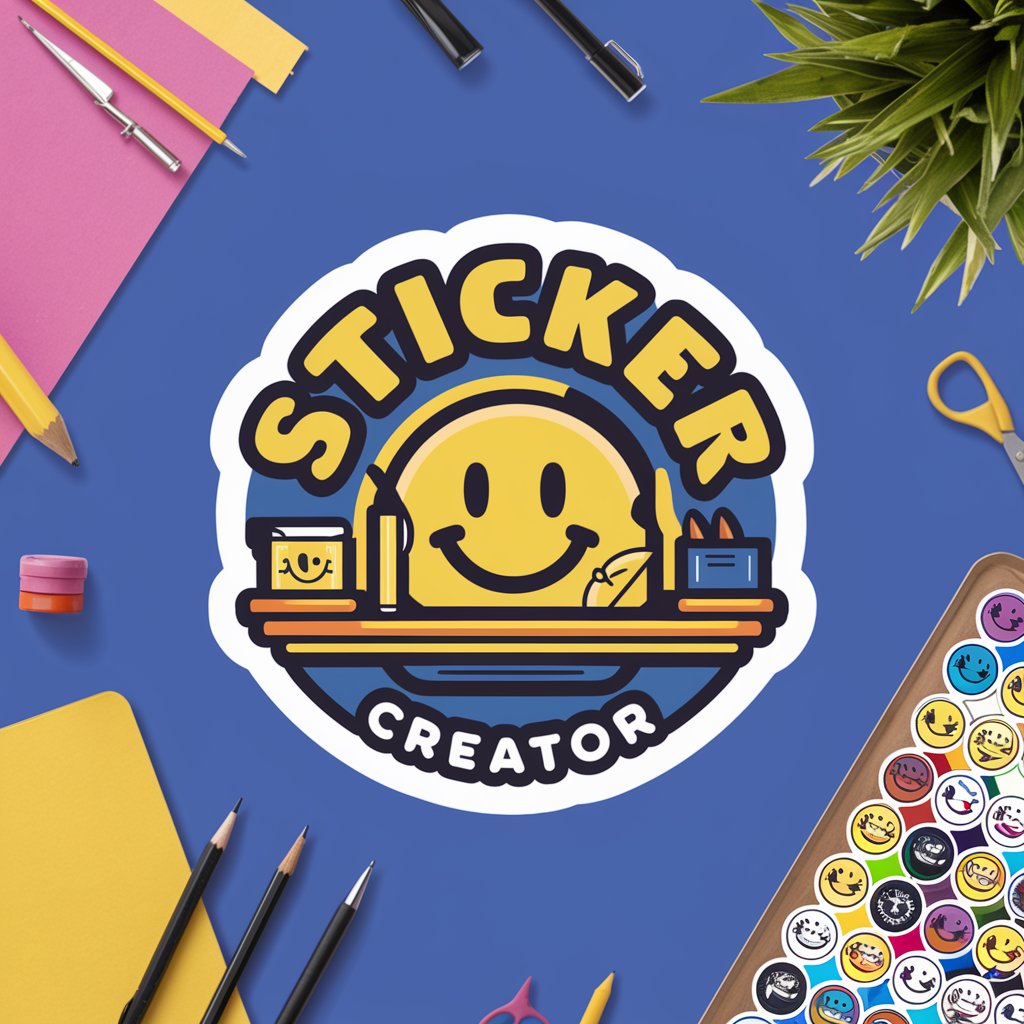
Blog SEO Optimizer for Generative Search(SGE)
AI-powered blog optimizer for SEO success
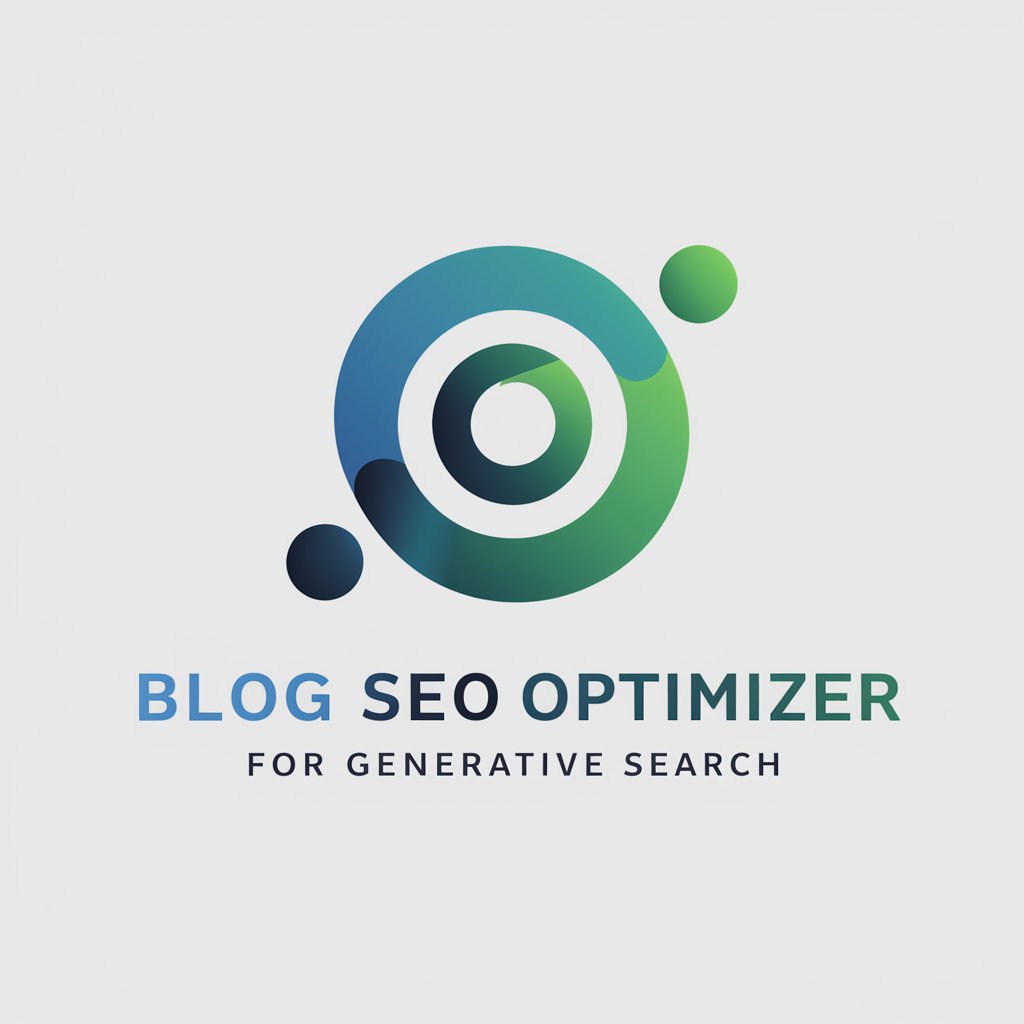
SAGE Navigator
Power Your Play with AI

GOKU GPT
Empowering insights with AI-powered modeling
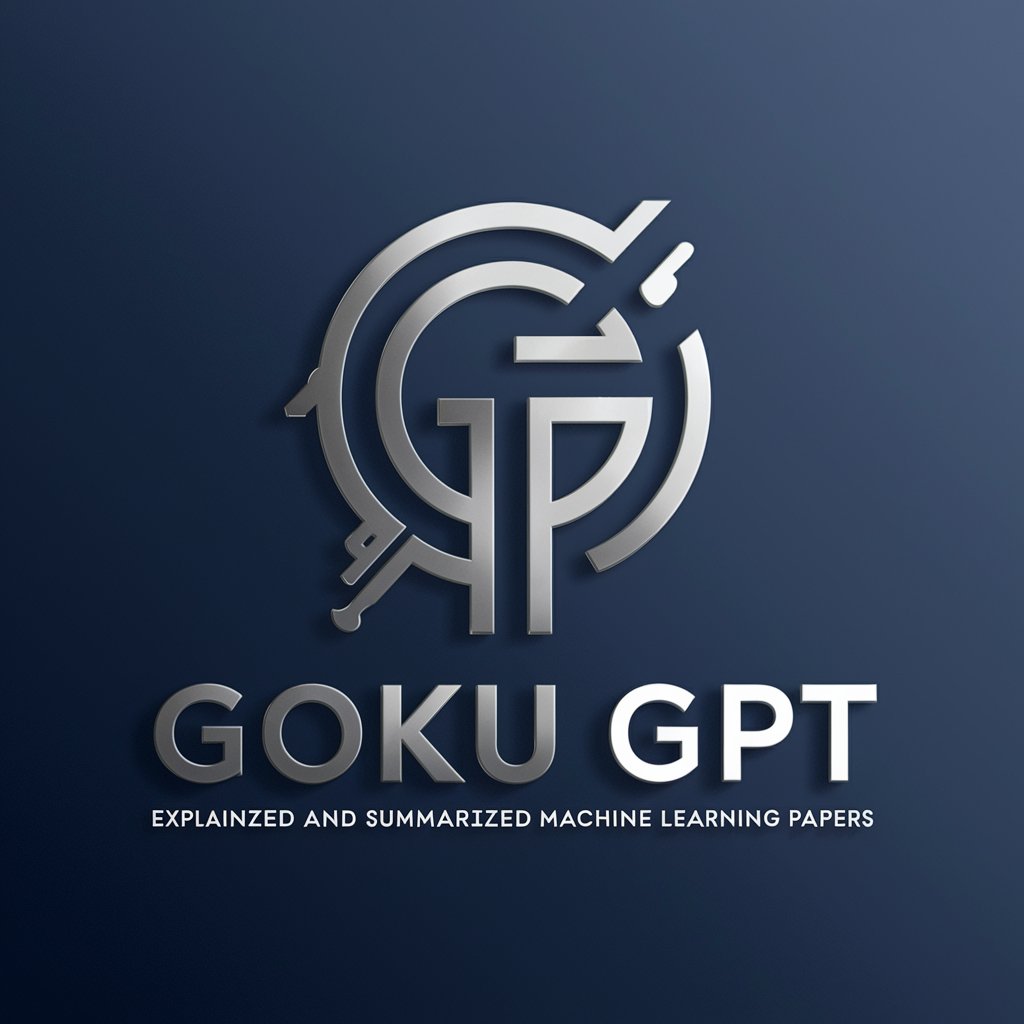
Amiga Guru
Unlock the potential of Amiga with AI-powered support.

Determine Engineering Investment Type
AI-powered PR categorization and analysis.
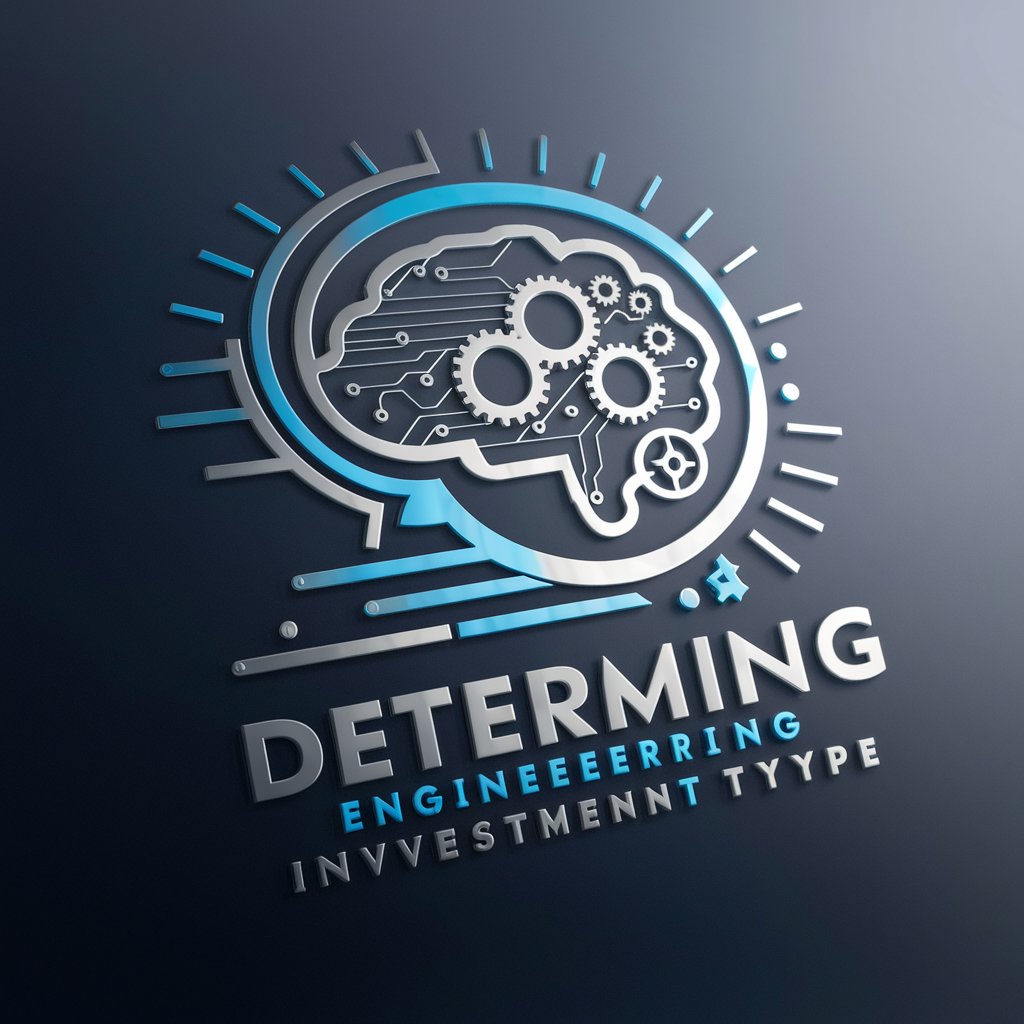
MVP GPT FAQs
What is MVP GPT?
MVP GPT is an AI tool designed to help entrepreneurs quickly and efficiently test business ideas by suggesting minimal viable products (MVP) strategies and customer acquisition tactics without requiring technical skills.
How can MVP GPT help me validate my business idea?
MVP GPT provides actionable advice on creating MVPs using no-code tools, identifying key hypotheses, and suggesting practical ways to acquire initial customers, enabling you to validate your idea with real market feedback.
Can MVP GPT suggest specific tools for MVP development?
Yes, MVP GPT can recommend specific no-code tools tailored to your business needs that facilitate the building of web and mobile applications, allowing you to launch a functioning product quickly and cost-effectively.
What metrics should I track when testing my MVP?
MVP GPT advises on critical metrics such as user engagement, conversion rates, and customer feedback to measure the success of your MVP and guide further iterations or pivots.
Where can I find customers to test my MVP?
MVP GPT suggests various customer acquisition strategies such as leveraging online communities, using social media platforms, and connecting with potential users through niche forums and marketplaces.
